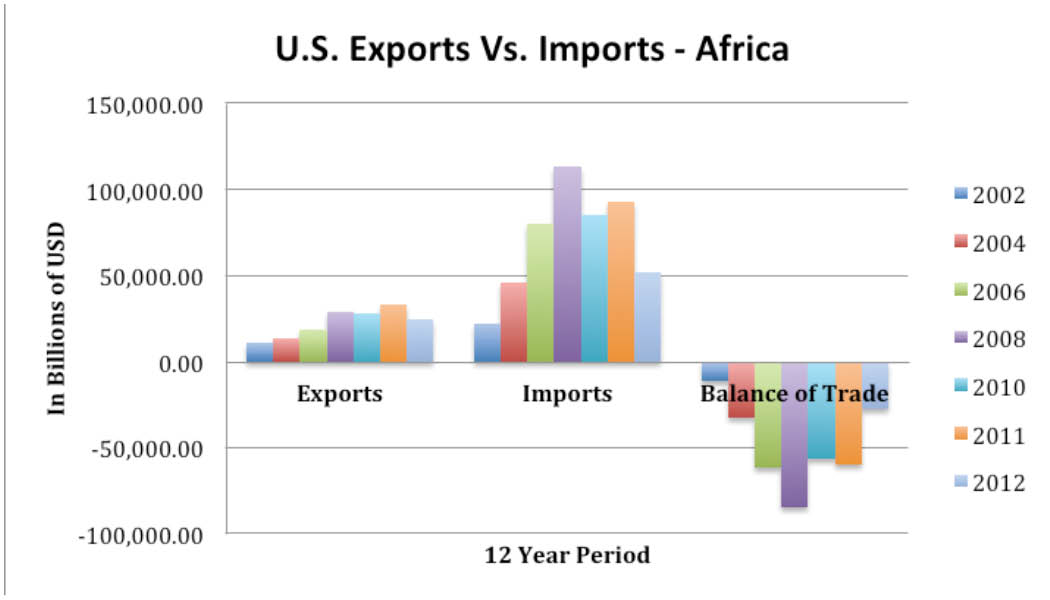The African continent holds immense economic promise, boasting a wealth of natural resources, a rapidly growing population, and a burgeoning entrepreneurial spirit. Despite its vast potential, Africa’s share in world trade has remained remarkably low. This article delves into the intricacies of Africa’s involvement in global commerce, exploring the challenges it faces and highlighting the opportunities it holds for future growth.

Image: www.thehabarinetwork.com
Africa’s Historical Journey in Global Trade
Africa’s participation in world trade dates back centuries, with its historical kingdoms engaging in trade routes across the Sahara Desert, the Indian Ocean, and the Mediterranean Sea. However, during the era of European colonization, much of Africa’s economic activity was reoriented to benefit the colonial powers. This legacy, coupled with ongoing globalization challenges, has contributed to Africa’s low trade share.
Barriers to Africa’s Trade Expansion
Africa faces several hurdles in expanding its trade. These include:
- Infrastructure deficits: Inadequate transportation, energy, and communication networks make it costly and challenging to move goods within and outside Africa.
- High trade costs: Africa has some of the highest trade costs in the world, due to factors such as inefficiencies at ports, border delays, and a lack of access to financing.
- Limited value addition: Africa primarily exports raw materials and agricultural products, with a limited share of processed goods. This reduces its earning potential and makes it vulnerable to price fluctuations.
- Unfavorable trade policies: Protectionist policies in some developed countries limit market access for African exports, while trade agreements can discriminate against African products.
Harnessing Africa’s Trade Potential
Despite these challenges, Africa possesses significant potential for trade growth. To unlock this potential, concerted efforts are required to:
- Invest in infrastructure: Improved transportation, energy, and communication networks will reduce trade costs and facilitate movement of goods.
- Reduce trade barriers: Removing tariffs, streamlining customs procedures, and implementing trade facilitation measures can lower the cost of doing business.
- Add value to exports: Developing local industries to process raw materials and create higher-value products will increase export earnings and reduce reliance on commodity exports.
- Promote regional integration: Enhancing trade within Africa through regional agreements can expand markets and strengthen supply chains.
- Negotiate favorable trade agreements: Engaging in fair and equitable trade agreements with developed countries will ensure market access for African exports.
Benefits of Increased Trade for Africa
Expanded trade can bring numerous benefits to African countries:
- Economic growth: Increased trade leads to job creation, investment, and overall economic development.
- Improved living standards: Trade can reduce poverty by providing consumers with access to affordable goods and services.
- Regional stability: Economic integration through trade can foster cooperation and reduce conflict.
- Enhanced global competitiveness: Participating in world trade enables African countries to learn from best practices, adopt new technologies, and compete in the global marketplace.
Conclusion
Africa’s share in world trade is a crucial indicator of its economic growth and overall development. Despite current challenges, the continent holds significant potential for trade expansion. By addressing barriers and leveraging opportunities, African countries can harness the power of trade to accelerate economic development, improve living standards, and create a more prosperous future for their people.

Image: www.economist.com
Africa’S Share In World Trade






